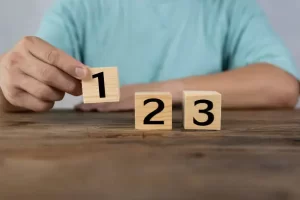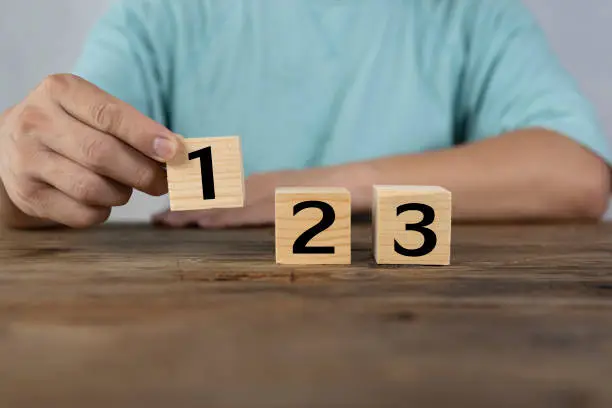Blog
Oct 04, 2023
Experienced, multi-functional proposal managers
Construct winning narrative
Make your bid look its best
Leverage our expertise to make your proposals stronge
Let BZ be your go-to proposal resource
Win a seat on critical contracts
Hight quality, rapid response assistance
Over the past 3 years, I have seen a dramatic uptick in the number of Government procurements that include an oral presentation component. Usually, these opportunities include a chance for the Government to ask clarifying questions to ensure they fully understand your response. While these questions tend to be focused on ensuring comprehension of what you propose, there is also an opportunity for you to distinguish yourself and stand apart from the competition. Here’s three ways you can make sure your responses are memorable.
Show your team chemistry under the leadership of your PM. As I mentioned in an earlier blog post (add link), the oral presentation is a chance for the Government to see if they want to work with your team and how well your team works together. This assessment starts the moment the team walks in the door or logs into the virtual meeting room and continues until the moment you leave. The opportunity to give a positive impression continues throughout the Q&A period.
How you answer the questions provides key insight into how your team reacts under pressure. As with the entire presentation window, your program manager or team lead should take point on developing and delivering your response. If you have the opportunity to caucus in developing an answer, the PM should coordinate that quick session. They should make the introductory assignments, pull out the key parts of the answer, and determine who answers and how. This caucus provides a clear opportunity for the PM to show his/her/their understanding of the strengths of the team members through this process. Even if you do not have an opportunity to caucus, the PM can show his/her/their knowledge of the team’s individual capabilities through assigning the right person or people to answer the question.
As you develop and deliver your answers, be sure you reinforce the fact you are a team. During the caucus period, be sure you work together to develop your answer. Reinforce each other’s strengths to make the team greater than the sum of its parts. Mention the strengths of your fellow presenters as relevant to the answer. When your teammates are speaking, display supportive body language. Smile, nod, and look attentive.
Be clear and succinct. The Government is asking you the question for a reason. They want specific information from you that they did not get in the original answer. The greatest respect we can give them is by answering the question succinctly. Your answer should focus on answering only what they have asked. We need to be clear and focused in our answer. Do not use the response as a chance to expand on ideas you either missed or forgot to include.
At the same time, be sure you fully answer the question. Nothing is more frustrating to an evaluator than to take the time to develop and vet a question with the contracting officer and have the Offeror not properly answer it. Be sure during the answer to clearly provide a fully developed response to each piece of the question.
Provide a clear benefit. While we do not want to use the answer to a question as an opportunity to go down rabbit holes, we should use it as a chance to reinforce the benefits our approach provides to the client. While you may not be able to quantify the benefit on the fly, you can provide the high-level benefits.

Clearly articulate the benefits you provide in terms of reduced risk, reduced cost, increased performance, and anything that provides a clear benefit to the end user/client. When we provide our benefits in these clear ways, it reinforces the fact we know who they are, what they need, and why they need it. It allows us to continue to develop a connection with the evaluators and makes clear we focus our entire effort on them.
Conclusion. Oral presentations are the procurement equivalent of a job interview. It gives insight and understanding of who you are, how you work, and how your team can best meet the needs of your client. These three tips provide a way for your team to stand out during the Q&A portion and provide a lasting, positive impression on your evaluators.
Are you in need of high-quality, focused orals coaching? Reach out to our team today – click here for more information.
